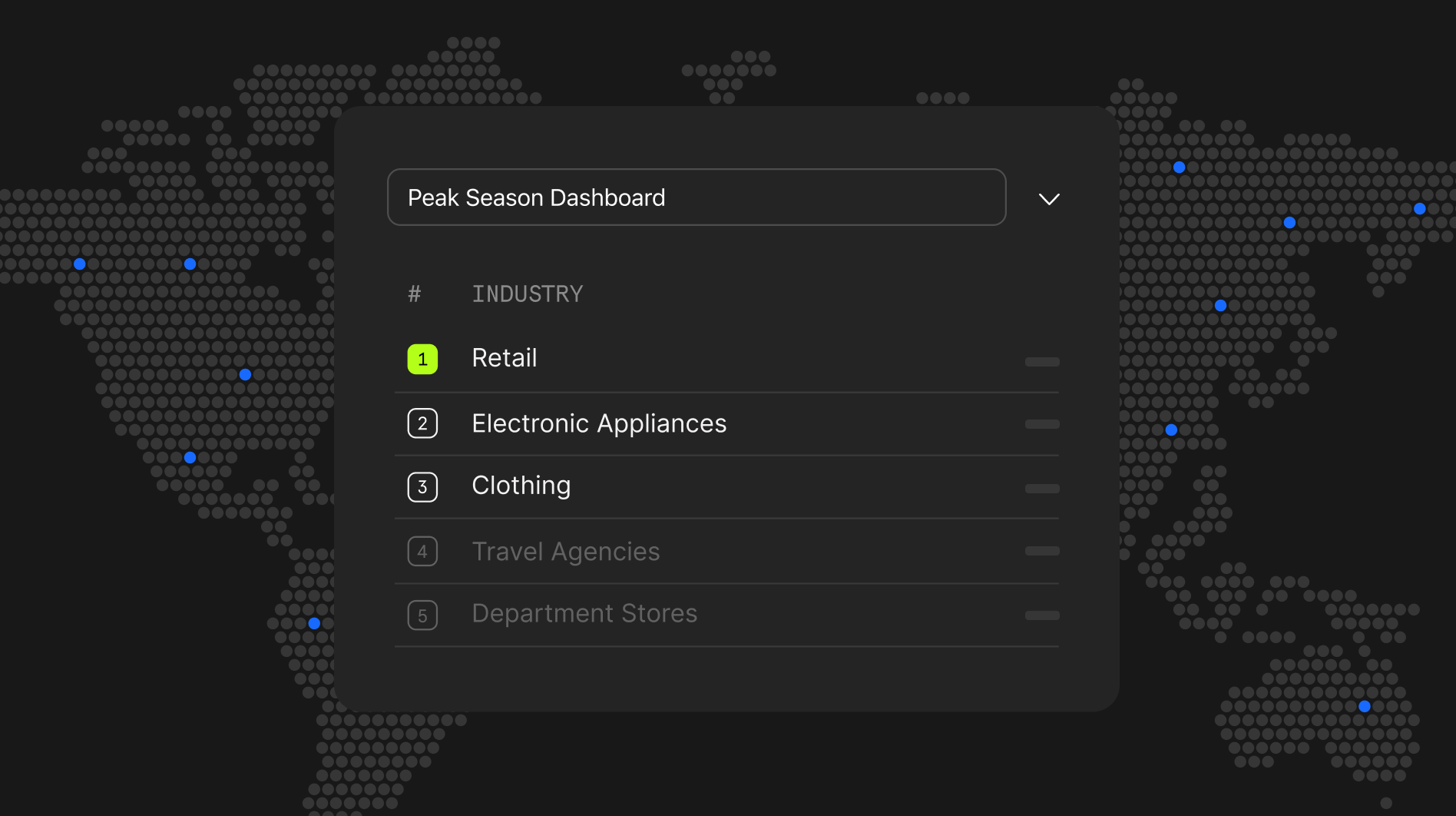An NFT featuring Borussia Dortmund player Erling Haaland broke all records on the Sorare market earlier this year, selling on the platform for $600,000. The sale marked another milestone in the convergence of sports and crypto, where, over the last year, clubs and players alike have been finding new ways to engage fans and create a community around their brands, with football, in particular, becoming a key area for blockchain innovation.
I spoke to leaders in this field to learn more about how teams are coming together using blockchain technology.
Watch the on-demand recording.
A sense of belonging: now on the blockchain
Merchandise is the primary way sports fans have traditionally declared their allegiances in the offline world. From bumper stickers to shirts with their favorite player’s number on the back, club offerings allow fans to show their identity and create a sense of belonging. As Niraj Shah, founder of DSO — a company allowing fans to buy 'digital seats' in their favorite team's stadiums and get access to exclusive physical and virtual products — explained, we are in a new phase of figuring out how this will take place in our increasingly digital lives using blockchain: "I see this as an evolution of sports. Web3 is all about participation and ownership, feeling much more like you're part of it." For example, Niraj's company helps sports teams create new revenue opportunities and new fan engagement opportunities linked to the seats in their stadium.
Socios.com, meanwhile, is working on tokenizing offerings for 130 sports teams globally to engage and monetize a fan base all over the world. Its CEO, Alex Dreyfus, explained that for their customers, transparency is a key selling point: "With the fan token, they can vote on the music in the stadium, the design of the jersey, etc. We tell the fan: 'You're going to have an influence.' And that's the beauty of blockchain."
From local to International
Tokenizing fan engagement is responding to a key shift in sports audiences, Alex said. "Most sports fans are not in the stadium, whether they're even in the city or the country of the team they are supporting. And the question is, how can you scale to engage and monetize that?"
At AC Milan, for example, who are working with Socios.com to engage supporters using fan tokens, Chief Revenue Officer, Casper Stylsvig explained that 95% of the club's 500 million fans live outside of Italy.
This has created a significant shift in the audience for the merchandising opportunities that the team offers. In any case, clubs are finding an audience all over the globe. So why should they limit the number of people their team can reach? "We have the biggest stadium in Italy, but we can only have 80,000 at every game," he said. "Tokens are another way to engage with the fans."
Younger fans take the lead
Perhaps unsurprisingly, some of the first adopters of ways to engage with clubs using the blockchain have been younger, said Niraj. "Younger fans, who are a little more crypto-savvy, are faster to adopt new technologies," he said.
This has created a divide in how different generations want to communicate with the teams they support. "A big consideration for clubs is how do they navigate the shift in engagement between older fans to younger fans," Niraj adds. "It's the same when they consider engaging local fans to those from around the world. They must do it in a way that respects all the different types of fans, including those who have supported the club for decades."
Casper explained that for teams like AC Milan, who see themselves at the forefront of the industry, the metaverse is certainly a space they want to be working in. "We pride ourselves, especially with the new ownership, on being an innovative club. So I think we need to be riding this wave," he said.>
Yet these two groups don’t need to be at odds, explained Socios’s Alex: "We target different audiences. A club will always successfully capture its more traditional fans
in that way. At the same time, startups like ours will be more aggressive, flexible and creative to capture this tech-savvy, younger fan. So it doesn't need to compete. It completes."
A Covid-proof approach
With players, in many cases, competing in empty or sparsely-filled stadiums due to COVID, these intangible, online offerings have provided an innovative way for fans to feel involved, no matter where they are watching the game. "All last season, we could not have a single fan in the stadium. This season, we are averaging around 50% of our capacity," said Casper. Tokens offer a way to engage from a distance, he said. "The players are benefiting from this, seeing the support."
This can engender not just revenue opportunities but loyalty which can be key to a team’s long-term success, explained Niraj, "How can we introduce new feelings, closeness, opportunities in a way that doesn't depend on where somebody is based or their ability to pay the money to come to the stadium?"
In the future, these tokenized fan-based revenue streams may be ever-more significant, and having the most engaged, committed people on your side will translate to financial success.
Alex explained: "Clubs have always fought for sponsor revenue. But maybe one day they're going to fight for B2C revenue, for more casual users that want to engage one way or another. That's where I think the challenge is going to be in the next five years: how are these companies, or these clubs going to be creative enough to capture this market share?"
It's not only sports fandom where digital tokens are driving innovation. Learn how NFTs and other forms of tokens are revolutionizing in ecommerce.














.png)
